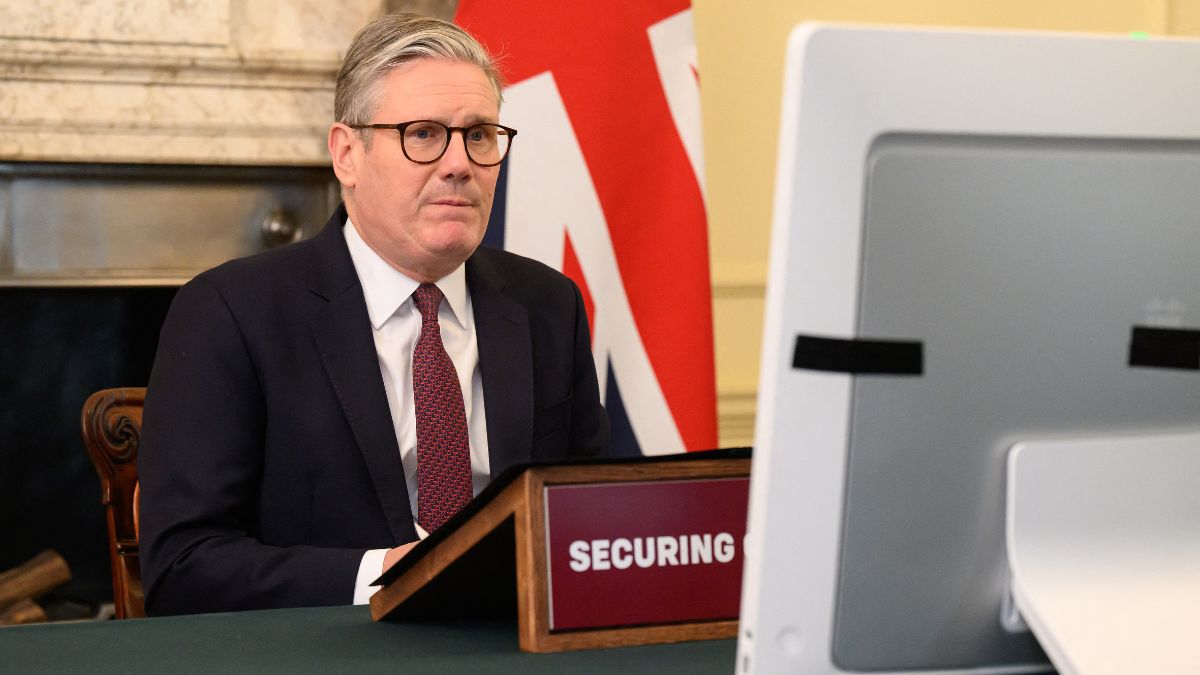British Prime Minister Keir Starmer marks his first year in office this week, facing a rebellion within his own Labour Party over welfare reforms, as well as a sluggish economy and low approval ratings.
It’s a stark contrast to the landslide victory he achieved on 4 July 2024, when his centre-left Labour Party won 412 out of 650 seats in the House of Commons, ending 14 years of Conservative rule.
Over the past year, Starmer has navigated global challenges, earning praise for rallying support for Ukraine and convincing U.S. President Donald Trump to sign a trade deal that reduced tariffs on UK goods.
But at home, his government has struggled to show voters—and even his own MPs—that it’s delivering the change it promised. Inflation remains high, economic growth is slow, and efforts to ease the cost of living have fallen short. Starmer’s personal approval ratings are now approaching those of former Conservative Prime Minister Liz Truss, who resigned after just 49 days in office in 2022.
John Curtice, a political scientist at the University of Strathclyde, called Starmer’s first year “the worst start for any newly elected prime minister.”
On Tuesday, Starmer faces a crucial parliamentary vote over welfare spending after scaling back plans to cut disability benefits. Originally, the government proposed raising the threshold for disability payments, which the Institute for Fiscal Studies estimated would reduce income for 3.2 million people by 2030.
More than 120 Labour MPs threatened to vote against the bill, forcing the government to make concessions. Ministers promised that current benefit recipients wouldn’t be affected and pledged to consult disability groups and help disabled people find work.
Impact Shorts
More ShortsSome MPs were persuaded to back the bill after the changes, but others remain opposed.
This welfare U-turn is the third policy reversal in just a few weeks. In May, the government dropped plans to scrap winter heating subsidies for millions of pensioners. Last week, Starmer announced a national inquiry into organised child sexual abuse following pressure from opposition politicians and tech billionaire Elon Musk.
“It’s a failure of leadership for a prime minister with such a big majority to not be able to get their agenda through,” said Rob Ford, professor of politics at the University of Manchester. “I can’t think of many examples of a prime minister in postwar politics suffering such a big setback when presiding over such a strong position in the Commons.”
The welfare climbdown also makes it harder for the government to save money without raising taxes. The reforms were initially expected to save £5 billion ($7 billion) a year from welfare spending, which has surged since the COVID-19 pandemic. After concessions, savings are likely to be only half that amount.


)

)
)
)
)
)
)
)
)



